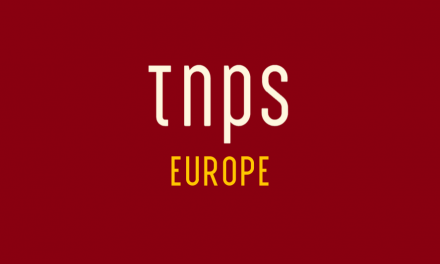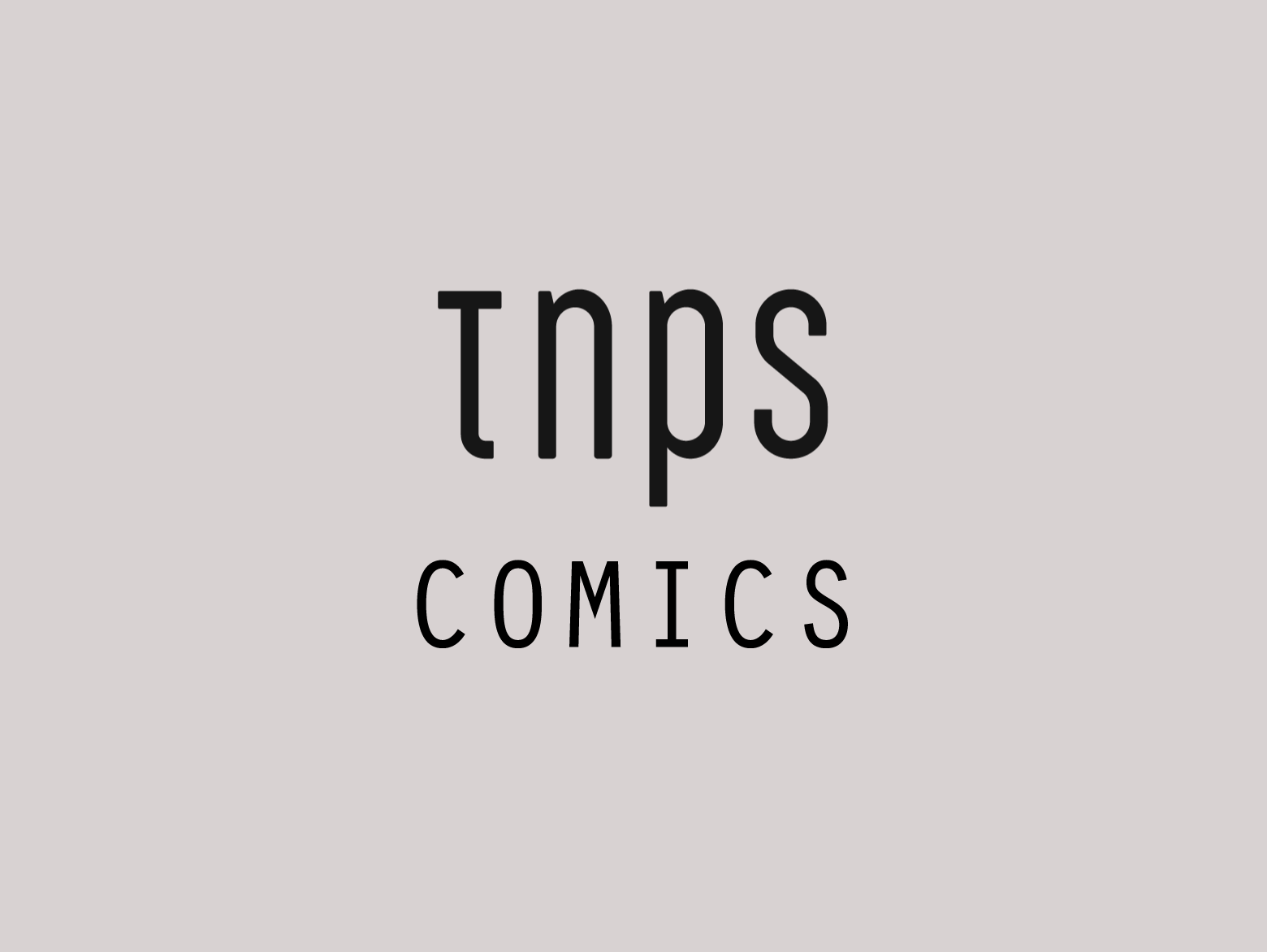We Start The Day Global today in Romania, where BooksExpress.Ro, a Romania book store specialising in global books, is in the spotlight.
Books-Express.ro started simple, without an initial plan, during a coffee discussion where the founders thought it would be interesting to bring a foreign book business to Romania. At that time the company made software and had a client, Books Express UK. “We found an opportunity to develop a foreign book business. There is a Books Express in the UK, in Saffron Walden founded in 1987 by John Evans, and now his son, Duncan, carries the story forward, ”says Bogdana Bengulescu, Managing Partner Books-Express.ro
Books Express Romania is not a franchise, even though at first it worked exclusively with the British company. At the moment they are completely independent, the only thing connecting the two businesses is the name.
The OP, which is in Romanian, is well worth checking out in full.
Flunked Romanian at school? Join the club. But no worries. There’s a surprisingly competent translation via Google Translate to be found here.
From Romania to Vietnam, where it’s 400 years ago last month that Vietnam adopted a Latinised writing system.
Okay, adopted might not be the best choice of words. Inevitably such changes are not usually welcomed at the time, and of course was done not with the interest of Vietnam at heart, but with the aim of catholic missionaries to promote the bible.
FSSPX reports,
The Bishops’ Conference of Vietnam (CBCV) has organized a series of symposia in Saigon to commemorate the 400th anniversary of the Romanization of the Vietnamese language. This undertaking carried out by the missionaries made it possible to spread Catholicism in the country.
“Quoc ngu,” as the Vietnamese language transcription system is known, takes the Latin alphabet and was developed by the French Jesuit missionary Fr. Alexandre de Rhodes in the 1600s.Until then, the Vietnamese used the “chữ nho,” a series of classical Chinese characters, and the “chữ-nôm,” a character system based on Chinese characters and invented by the Vietnamese.
Some might argue that cultural heritage has been lost, but,
as Jesuit priest Tran Quoc Anh, one of the conference speakers, explained, the “Quốc Ngữ” not only spread the Catholic faith, but became the official language of the Vietnamese nation, allowing them to communicate with the rest of the world.
In the past, most people could neither read nor write, either by using the “chữ nho” or “chữ-nôm” characters, which were too long to assimilate.
In this UNESCO Year of Indigenous Languages it is perhaps a little incongruous to be celebrating the imposition of a European alphabet on an Asian language, but we are where we are.
From Vietnam to the Middle East, where the first Sulaymaniyah International Book Fair is running November 14-23 in Iraqi Kurdistan.

Very little information available about this event right now, but we do know over 300 publishing houses are represented.
Back in April we saw Iraqi Kurdistan’s biggest book fair in Erbil draw a crowd of 400,000 visitors.
That was followed by Iraq’s biggest book fair in Iraq that topped one million visitors this year.
And finally, we head to China, where of course the Shanghai Book Fair is underway, but this item is about the Russian news agency Tass which is at the less famous Hainan Book Fair in its new capacity as “information partner”.
Head over to Tass for the details (in English).
The mention of the Hainan Book Fair, along with the Sulaymaniyah event in Kurdistan is just one more reminder that, around the world, book fairs and literary festivals are playing out every day, unremarked and unnoticed by the western publishing media.
Many of these fairs and festivals draw visitors in numbers inconceivable in most western countries, yet by looking the other way we help generate a faux narrative that there’s little happening in global publishing outside a handful of key countries, when in fact the international publishing scene has never been more exciting.
The global book market. It’s so much bigger than you think.





